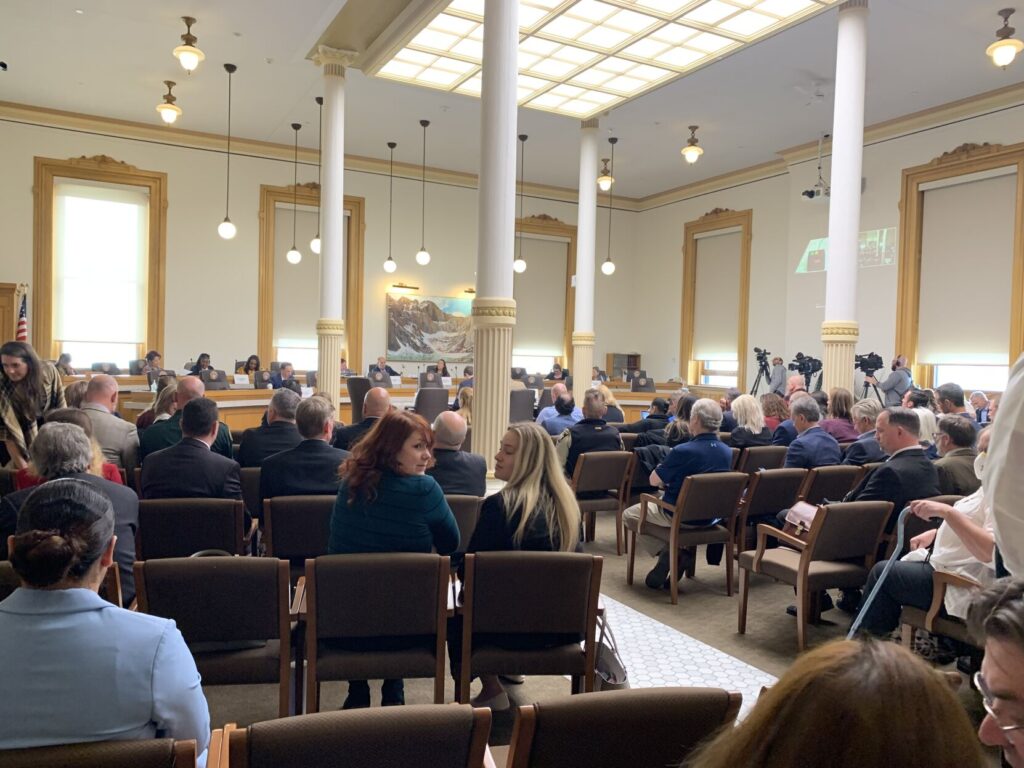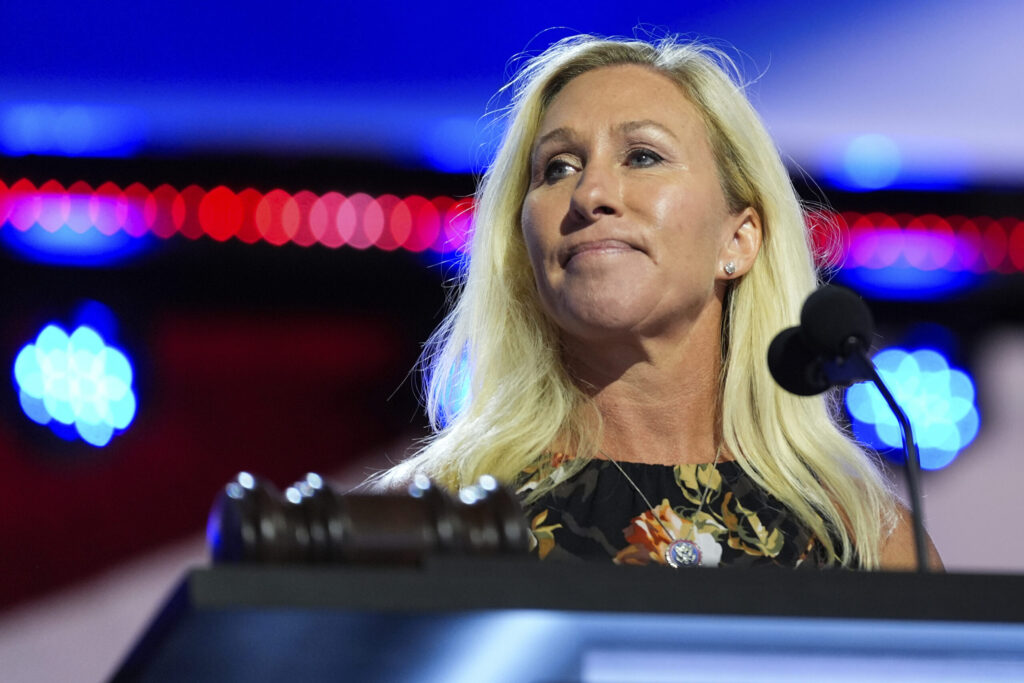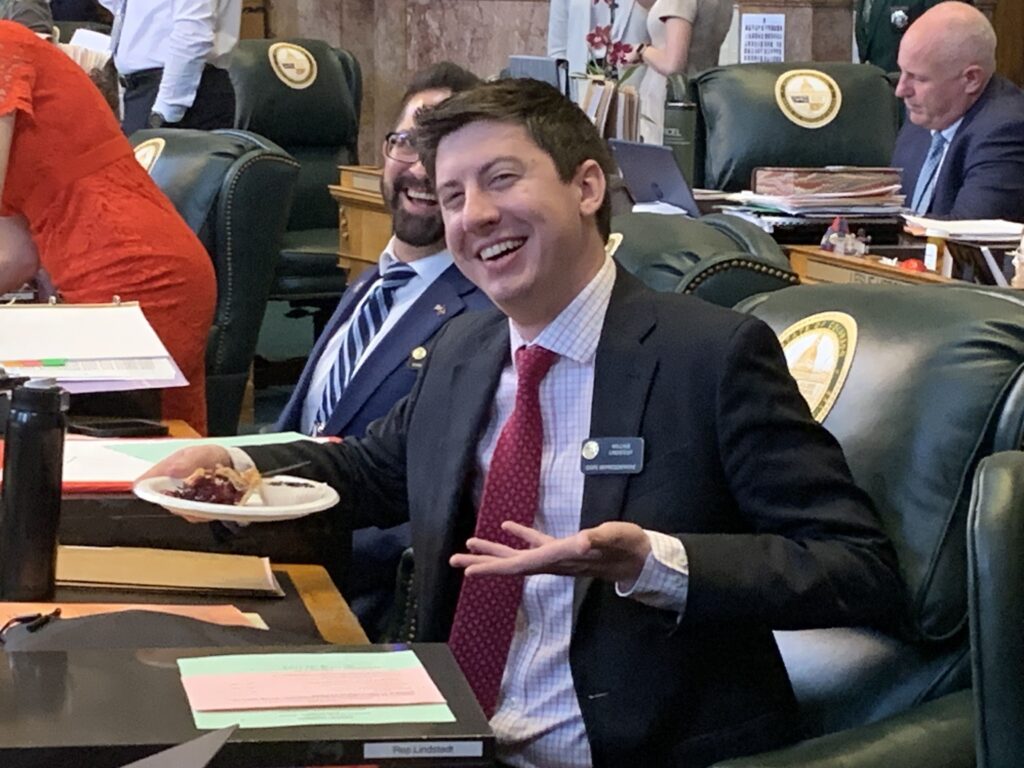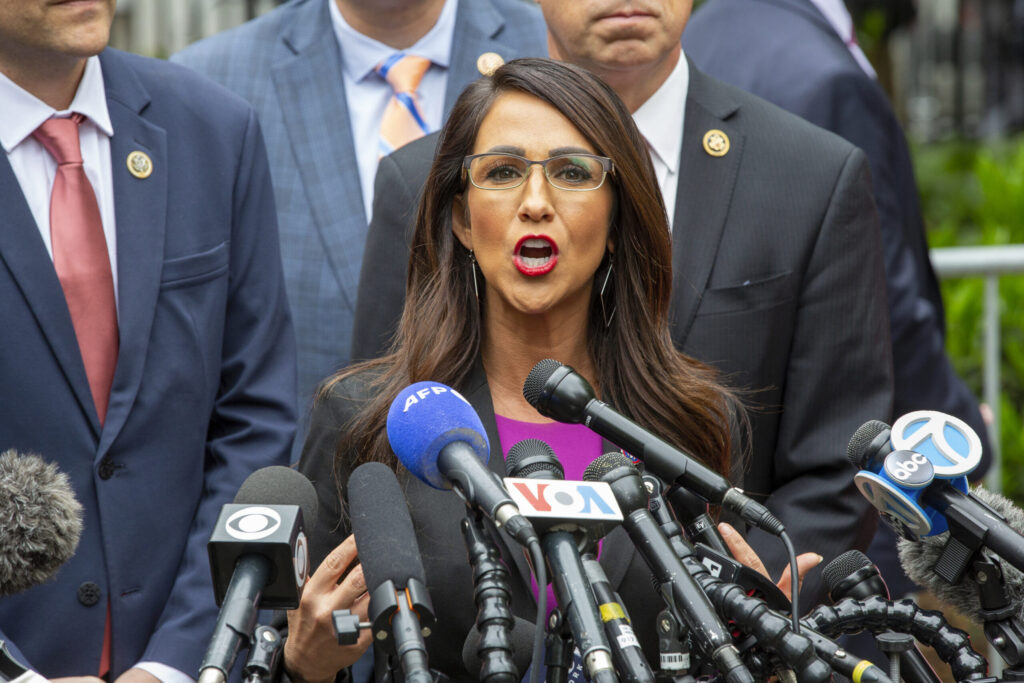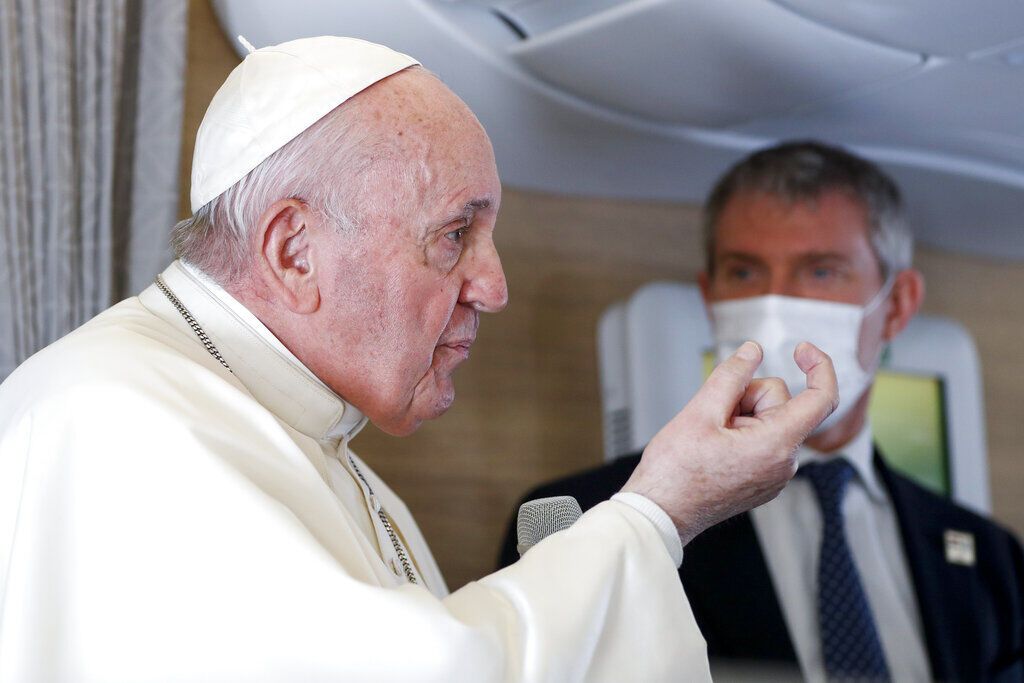Colorado state hospital at Pueblo wins back its federal funding

The Colorado Mental Health Institute at Pueblo has won yet another reprieve on its federal funding from the Center for Medicare and Medicaid Services (CMS).
The state mental hospital was threatened with termination of its federal Medicaid and Medicare payments after failing an inspection Feb. 22. The hospital also failed a follow-up inspection on June 5 by the Colorado Department of Public Health and Environment, which licenses all health facilities in Colorado. As a result, federal funding was to be terminated on Oct. 31. Superintendent Ron Hale resigned in June in the wake of the failed inspections.
Inspectors hired by CMS visited the facility again between Oct.23 and 25, and on Nov. 1, the hospital was notified that it had made sufficient improvement to keep its funding. The hospital has had problems with its CMS inspections for years; CMS has threatened to terminate its funding at least three times since 2010.
The issue this time centered around was staffing. According to staff from the legislature’s Joint Budget Committee, the hospital has had trouble finding enough registered nurses to staff the facility, including nurses in specialty areas.
In September the Department of Human Services (DHS), which manages the hospital, went to the Joint Budget Committee to ask for a $3 million funding bump to hire more nurses at higher salaries, and to boost the salaries of 187 current nursing staff. According to a hospital chaplain, nurses at the hospital have complained that they are paid less than nurses in other state facilities such as the Department of Corrections. The pay increases go into effect this month, raising salaries for current nursing staff by 18 to 23 percent. And keeping the salaries up won’t come cheap: It will take around $9 million for 2018-19, according to the Joint Budget Committee.
The 449-bed hospital has been short more than 90 staff – primarily nurses throughout most of 2017, one reason that led CMS to put the hospital on its most severe warning: immediate jeopardy of losing its funding. The hospital’s total direct-care staff is supposed to be just over 700. After the failed June inspection, the hospital canceled employee vacations and instituted mandatory overtime for up to 16 hours in a day. The hospital also put on hold a 90-day residential program for drug abuse and mental illness, known as CIRCLE, in order to shift those personnel to other areas.
But that caused problems, too, according to Rev. Lola West of the United Methodist Church, who has been the hospital’s chaplain for several years. In a letter she posted online earlier this year, she claimed the situation at the hospital is “critical,” and that forcing staff to work double shifts forces them to choose between “caring for family or being disciplined for refusing to work overtime. Disciplinary actions include write-ups, progressive discipline and loss of licensure,” she wrote.
West also claims the hospital is top-heavy, stating that administration has grown by 40 percent in the last five years without a concurrent increase in the number of beds. West recommended the hospital set up “clearly defined workloads” to allow units to schedule overtime in advance and that the hospital should commit to an open and transparent process. She also said the hospital needs to embrace “cultural change [and] end the intimidation, threats, and punishment that management has used to keep employees in line.”
The overtime issue also raised concerns for at the Joint Budget Committee. “Vacant positions require existing staff to work more overtime, which leads to increased turnover. High turnover rates increase the cost of recruiting and training staff, and reduce the average experience and proficiency of staff,” wrote JBC analyst Robin Smart in a September document that requested the funding boost.
The number of staff vacancies are dropping, according to Robert Werthwein, director of the Office of Behavioral Health at the Department of Human Services. He told Colorado Politics Friday that the number of vacancies is more than 100. The hospital has canceled its freeze on vacations and reduced the amount of mandatory overtime.
“We’re hiring in all clinical positions,” Werthwein said.
The hospital’s staffing problems also bother lawmakers like Rep. Daneya Esgar, a Pueblo Democrat. Esgar held a town hall last month for employees of the state hospital that she said was also attended by Reggie Bicha, the executive director of the Department of Human Services, along with several other high-level department executives.
Esgar said she is happy the additional dollars will help attract new nurses and pay existing nurses salaries more in line with the market but was “concerned (the higher pay) would cause a cultural rift if only the nurses got raises.” Esgar said that issue is being addressed by Gov. John Hickenlooper’s proposed 2018-19 budget, which boosts pay for all state employees by 3 percent. But with Hickenlooper’s suggestion that state employees enrolled in PERA – the state retirement plan – pay 2 percent, it means the raises would be only 1 percent.
“We need to keep working at it,” Esgar said.
People have been concerned for years about how the employees are treated, she said, adding that it takes special people to work at the state hospital with some of the state’s most vulnerable individuals.
“We have to make sure we’re looking at all aspects to improve that hospital, including patient care,” she said.
Werthwein said he was “thrilled” with Hickenlooper’s budget proposal for 2018-19. It will help the hospital pay its clinical staff market rates, he said. The budget also looks at another issue for the hospital – its forensic unit – which deals with competency evaluations. Werthwein said the budget proposal suggests more jail-based competency evaluations, which will alleviate some of the demand on the state hospital. According to a budget committee analysis, 85 percent of the patients at the hospital are in the forensic unit.
As for the CIRCLE program, according to DHS spokesperson Nourie Boraie, it is still closed, but the agency is working with community and legislative partners on its future. The governor’s proposed budget allows the department to “solicit proposals to operate the program in the community and maximize other public and private revenue sources,” Boraie told Colorado Politics.
But the hospital has a ways to go. This week, the acting superintendent, Dr. Kim Nordstrom, announced she was resigning for family reasons, effective Dec. 1. Nordstrom also serves as the medical director for behavioral health at the Department of Human Services and was praised for her “aggressive” efforts to fix the staffing shortage.
Editor’s note: This article was updated at 9:25 a.m. Nov. 6 to change the number of vacancies from “about 40” to “more than 100.”




